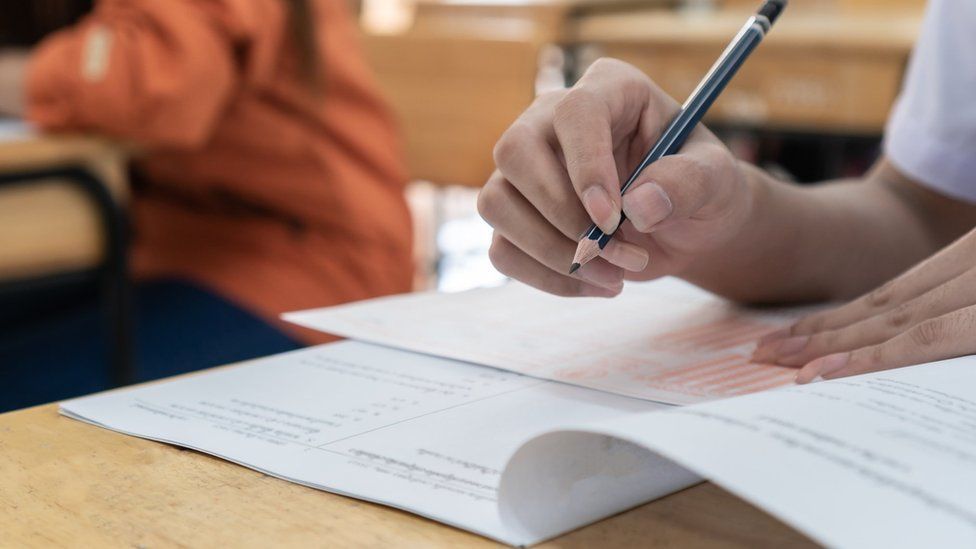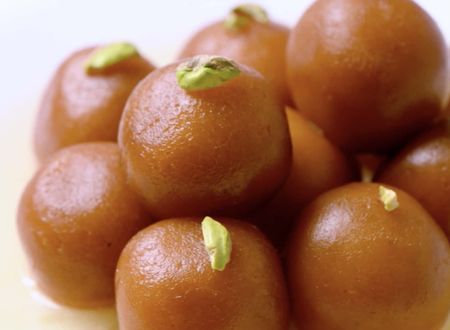It’s been a few years since I took any academic exam and it doesn’t feel I am missing out on much 🙂 Just kidding.
That said, it did strike me that the last 12 – 18 odd months must have been particularly tricky for young students in middle and high school, with sharply reduced social and extra-curricular activities and barely any sports tournaments – things, as students, we would feed on, and which would help us focus academically as well.
For me, a lot of these kids in school today are champions, not least for putting up with the challenges of a once-in-a-century pandemic, with a smile on their faces. In this context, with many gearing for exams over the next few months, here are a few thoughts on how to make the most of what we have.
These suggestions are mostly based on my own experiences and learnings over time, and by no means are definitive or absolute in nature. For what it’s worth, some might be borderline nonsensical, so treat ‘em accordingly, and as our Loving, Caring Swami would say – discover your own truth.
Here goes:
Thinking about exams
- Healthy relationship: It is good to form a healthy relationship with exams, in the most literal sense. Putting one’s self through extreme stress, not sleeping well, or unduly burning the midnight oil forms negative physiological associations with exams. We get attuned to behaving the same way every single time an exam approaches, and the cycle perpetuates and gets worse. Breaking this cycle and looking at exams as occasions when you will not take extreme physical steps is the first step in creating a positive relationship with them.
- Reflection on one’s self: The way society – particularly in India – perceives exams, one is made to believe that they are a reflection on one’s self. The reality could not be further away from the truth: a) for one, you will have a chance to prove yourself academically in many exams in the future b) no exam – no matter how important it is (think IIT) – defines who you are, and will be. We are bigger and grander than any single exam that measures our academic readiness at that point in time. Internalizing this, and creating a safe distance between one’s self and one’s performance on a certain set of exams will help defuse the societally induced pressure cooker we tend to create for ourselves.
Prepping for exams
- Consistency is key: I used to be a serial crammer until I was not. Consistency is boring for it requires discipline but it also helps perform better academically – the brain’s just in better shape, going into the exams when it’s been trained and fed information over a prolonged period of time. What might help is building the reservoirs of consistency gradually: instead of cramming 2 days before an exam, how about getting started 2 weeks before, the next time? And 2 months before, the time after that? Building those muscles of consistency requires a certain level of tenacity and discipline but it’s a powerful mechanism to leapfrog academic scores.
- Flow #1: Flow states are beautiful and best defined as the maximum level of output with the minimum level of associated activity in the brain. Parking one’s self in a corner for 25 – 30 minutes at a time (#pomodoro) and taking a small break thereafter has worked for me for several years. Back then I did not know the science or terminology behind this, but the idea of a 5-minute break was a great incentive to focus for the ensuing 25 minutes. Prepping for exams can and should be gamified – it need not be just serious, dreary, dreadfully boring business.
- Flow #2: Academically, there are some things that we are better at than others. For instance, I enjoyed history and commerce. Maths not so much. Starting our preparations with subjects we are good at, and covering vast grounds there, gives us the mental fortitude and space to tackle the slightly bigger challenges. It was again a tactic that worked for me – knocking out things that I liked upfront, psychologically made me feel good about my preparations, and enabled me to spend more time on subjects like maths, where I needed to do more work.
- The day before: The best way to think of the day before an exam is to step inside the shoes of a pro athlete. The day before a big tournament, good athletes go over the basics, get their brain and wares in good shape, check the essentials and get a good night’s sleep. I’d argue good exam taking is not much unlike preparing like an athlete the day before – go over the basics, get your brain working, eat well and get rest. Easier said than done but a regimen worth aspiring towards, and M.S. Dhoni said it best here.
Life after exams
- Treating yourself: It’s nice to give yourself a break after exams are over. Ritualizing treats upon completion of exams is a nice little thing to do, because why not? The exams are in, and there’s little we can do about them now. Might as well use this opportune moment in time to squeeze extra pocket money from your parents or favors from your siblings. Godspeed.
- Process > Outcome: When we do start brooding over exams, it is only natural to think about how we have performed – our marks, our percentile and our rank. While that is one metric to evaluate how we have done, it only tells a part of the story. What’s equally (and in some cases more important) is how we approached these exams – was our process good, did we cram, did we break down during the paper? Often working upon and improving our process towards exams might be more prescriptive in nature, for grades are just a reflection of the work we have put in the days and weeks leading to them.
- Compare yourself with yourself: Of all the things mentioned above, I understand this might be the toughest to embrace (and that’s why could also be the most liberating). Don’t treat your marks/grades on an exam as a way to compare yourself with others. Instead, use it as a metric to compare yourself with the previous version of yourself. As long as you are constantly improving and recognize that there are no limits to improvement, how does anything else matter?
The length of this post notwithstanding, I wanted to end this piece with 3 things for parents. After all, they are as much party to this, if not more:
- No exam defines a child. Getting a good grade does not make them a superhero, although they deserve appreciation. Getting a bad grade does not define their future, or where they will go in life, or what they will become.
- The onus is on parents to release the pressure cooker that exams create. Chances are your parents created a pressure cooker when you were taking exams, and now you are paying it forward by creating a similar environment for your children. It’s not healthy, and neither is it worth it.
- On the contrary, if there’s an exam that’s worth it, it should be an exam of your unconditional love and support for your child. Regardless of how they perform and what scores they get.
————————————————————————————————————————————————————————–









Comments & Discussion
9 COMMENTS
Please login to read members' comments and participate in the discussion.